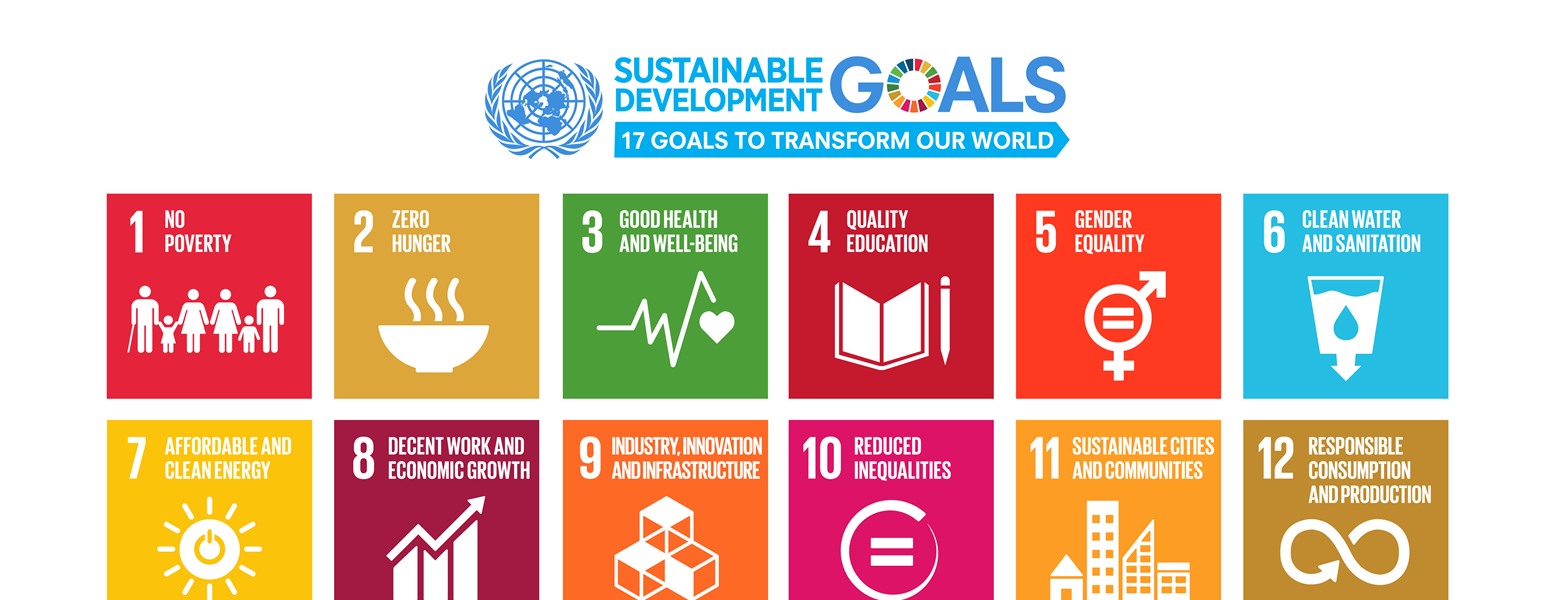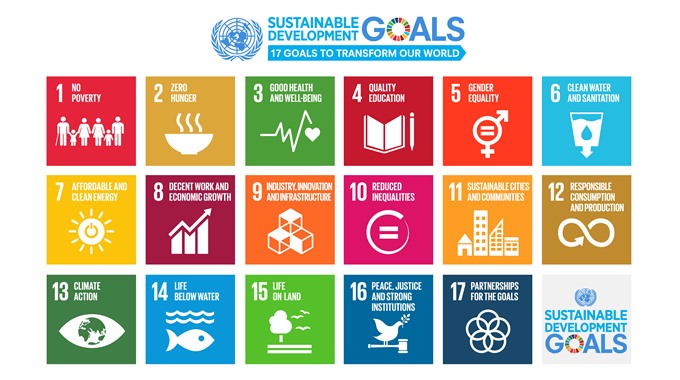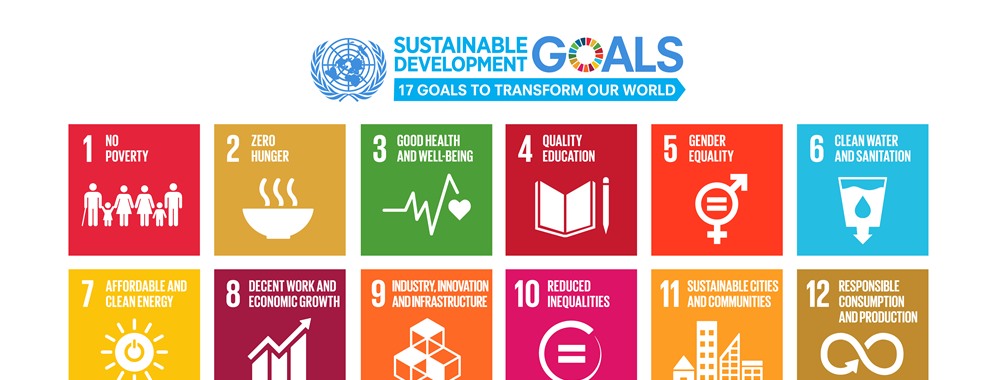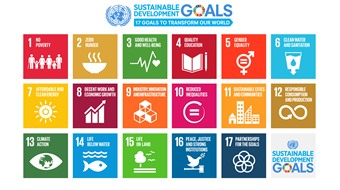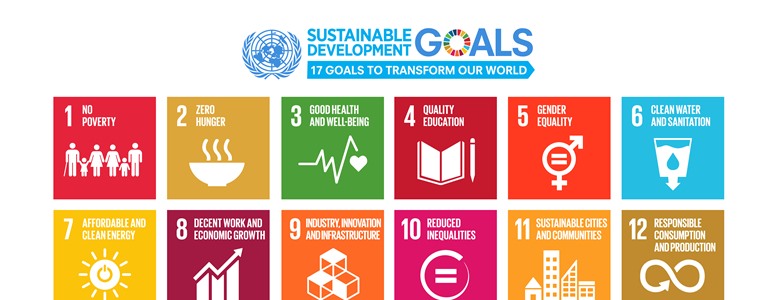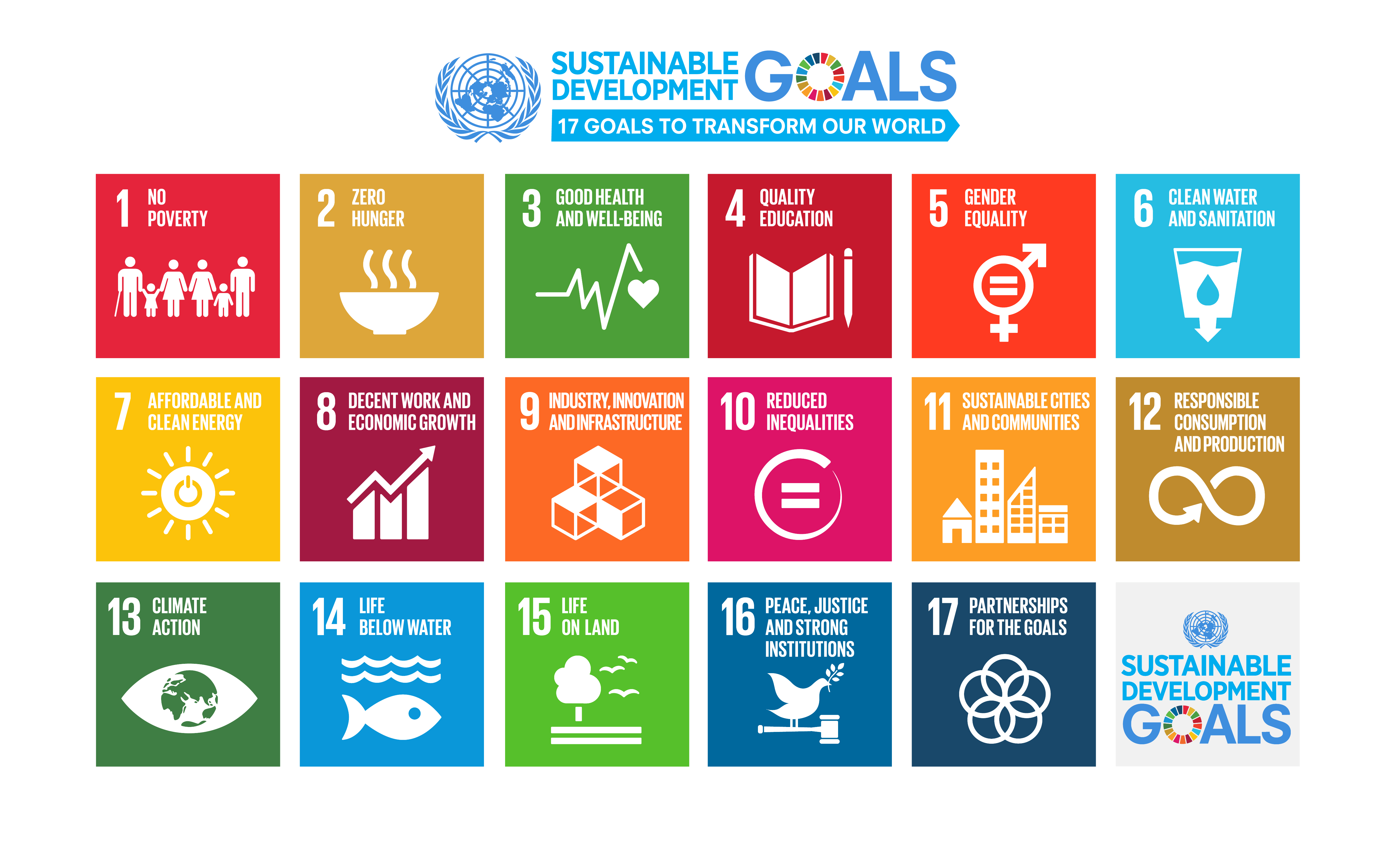Transformation through ESD
February 8, 2021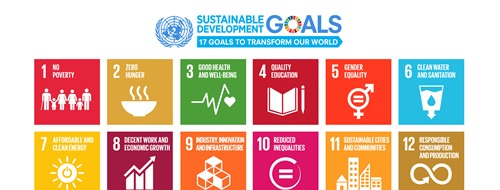
In 2015, The United Nations Educational, Scientific and Cultural Organization (UNESCO) adopted 17 sustainable development goals designed to transform the world into a better place.
UNESCO hopes to implement these goals through its work on targeted areas such as education, natural sciences, social and human sciences, culture, communication and information, and sustainable development initiatives for the ocean.
It’s an ambitious list and they’ll need all the help they can get.
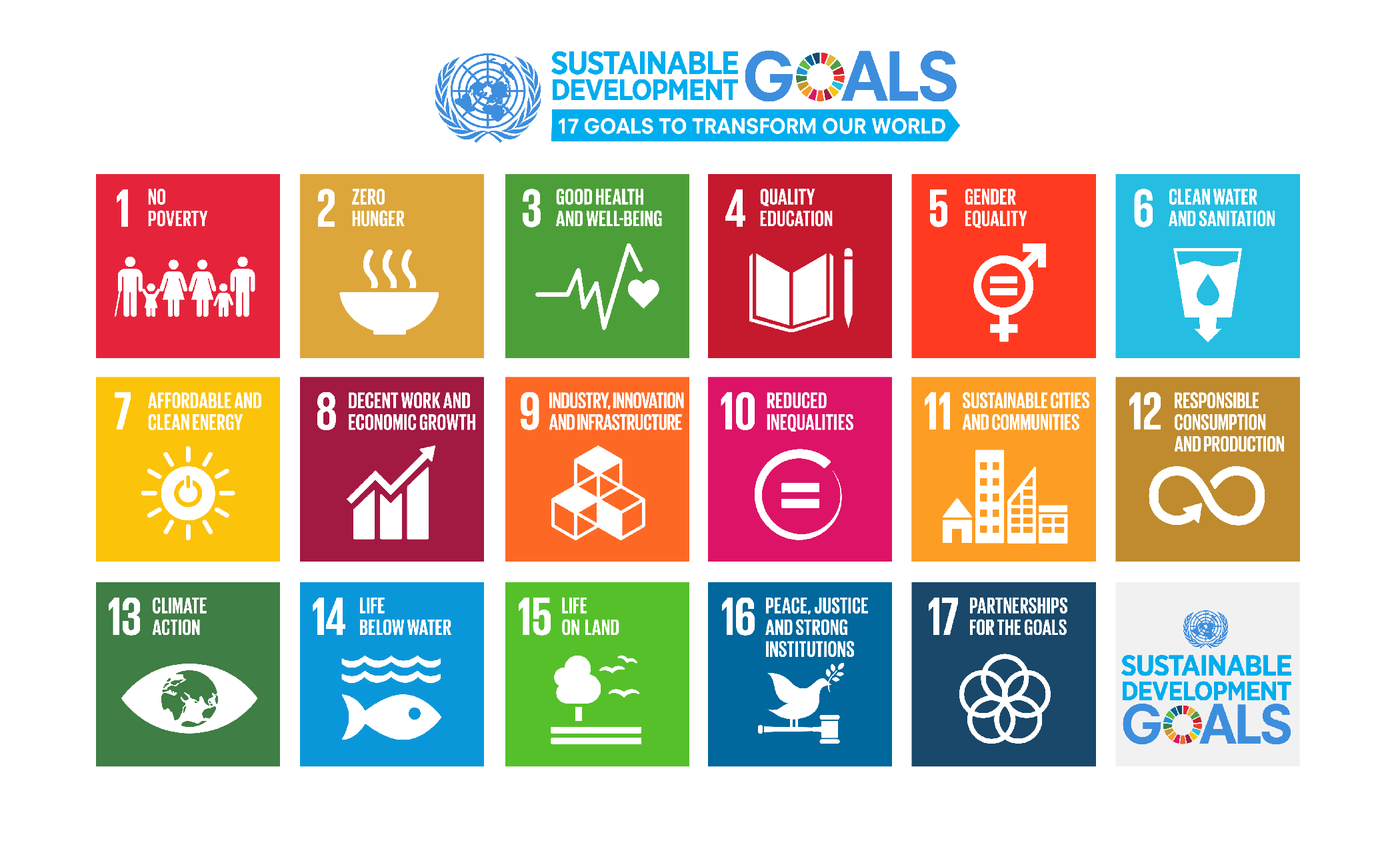
“UNESCO is looking to have these goals addressed by 2030,” said WSD Education for Sustainable Development (ESD) Consultant Chantelle Cotton. “To have these issues solved by then would be an amazing legacy for WSD and the world.”
To help build leadership for sustainable development projects, ESD “champions” from WSD’s 78 schools met in mid-November for a mentorship meeting.
Fatima Mota, WSD’s Superintendent of Education Services—Equity & Diversity, Inclusive Education, said the event was intended to provide resources and guidance to mentors who in turn build capacity for sustainable development initiatives at the school level.
“Our Board of Trustees has a strong focus on sustainability,” Ms. Mota said. “We can all work together to create sustainability through the lens of literacy and numeracy, which are our priorities.”
Working with Ms. Cotton, mentors can connect teachers and ESD projects at their home school with similar projects, guest speakers and resources from other schools.
With UNESCO’s goals ranging from ending poverty and zero hunger to goals focusing on preserving life on land and in the water, there are plenty of opportunities for teachers and students to explore projects and goals that tie into the ESD pillars of economic, social and environment.
“The whole idea of sustainability is that those three pillars are so interrelated,” Ms. Mota said. “It’s looking at everything from different angles to see the impact environmentally, socially and economically.”
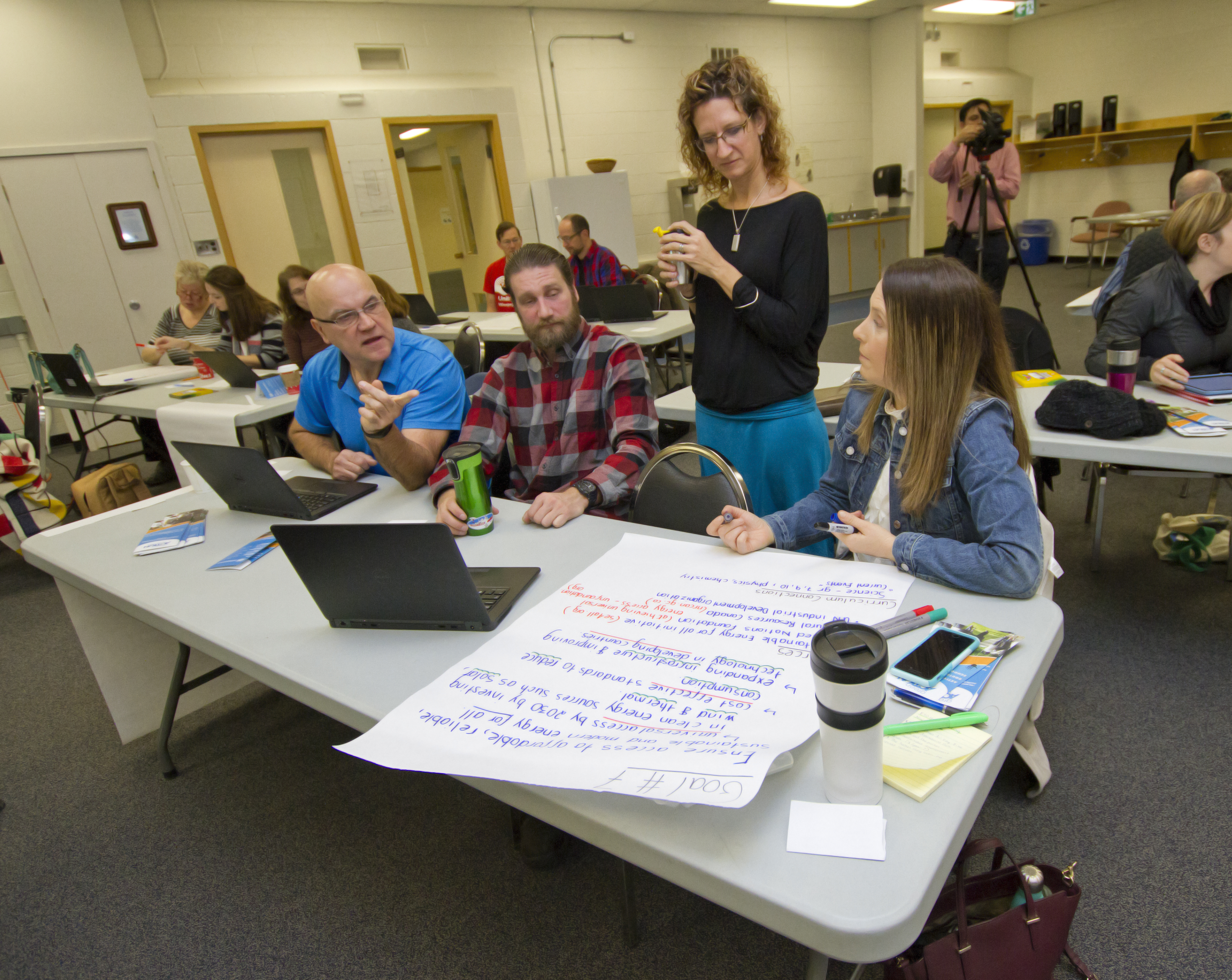
Lawrence Charach, an Inclusive Education Teacher at Gordon Bell School, helps to run a recycling program at his school with students in the Community Access Program. The recycling effort is an example of how sustainable development initiatives can have many impacts.
“The kids go out in teams and collect the recycling, sort it and put it in the recycling bins. They develop a lot of skills in the process. It’s about teamwork, partnering with others to get a job done and reach a goal,” he said.
ESD mentors at the workshop broke into smaller groups to each focus on and research one of the 17 goals on the UNESCO list. The goal was to create a working document/resource for teachers throughout WSD. ESD mentors are now sharing the ideas and research from the workshop with their peers at school.
“You can make a difference at a local level,” Mr. Charach said. “We’re looking at how we can make a difference, in a practical way, with the students at our school.”

